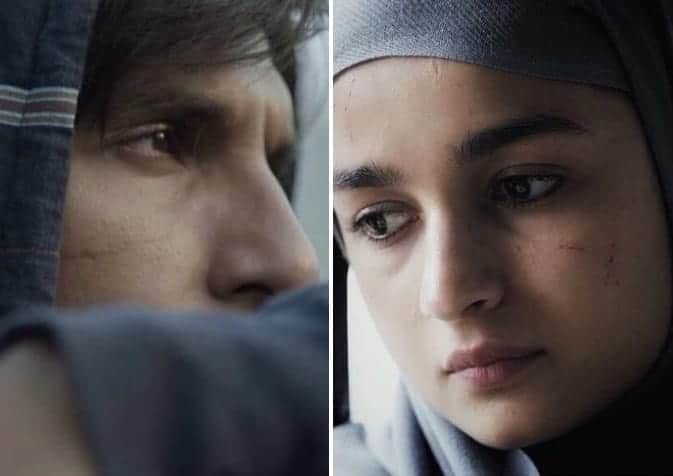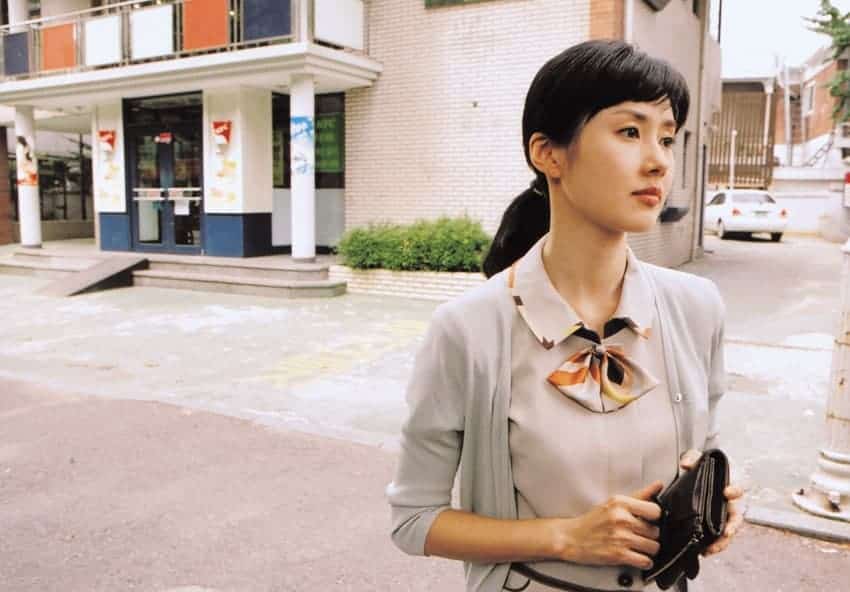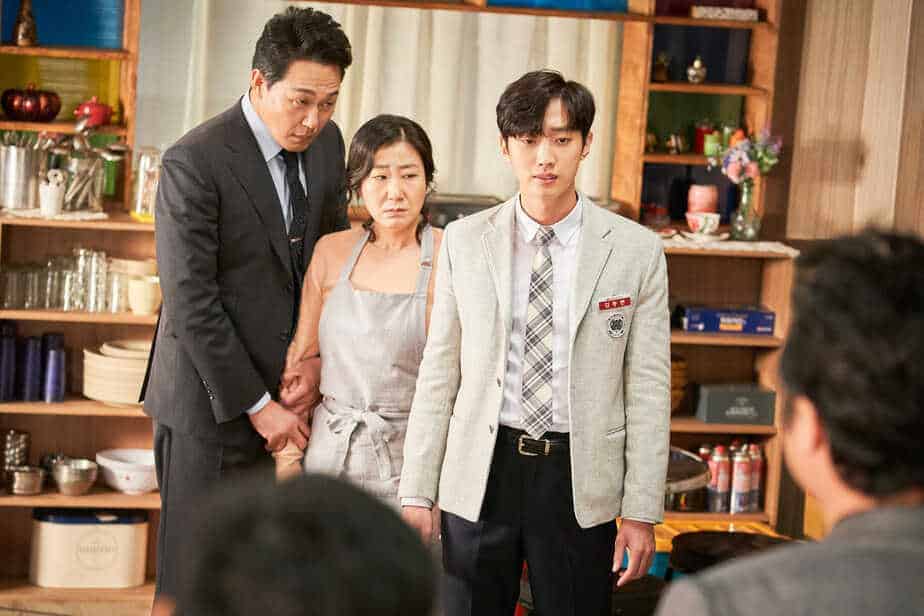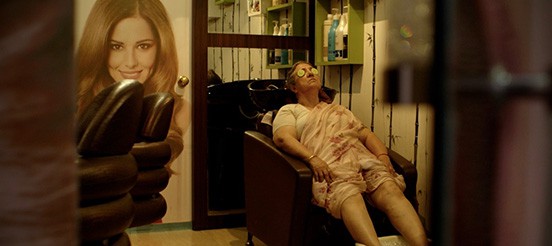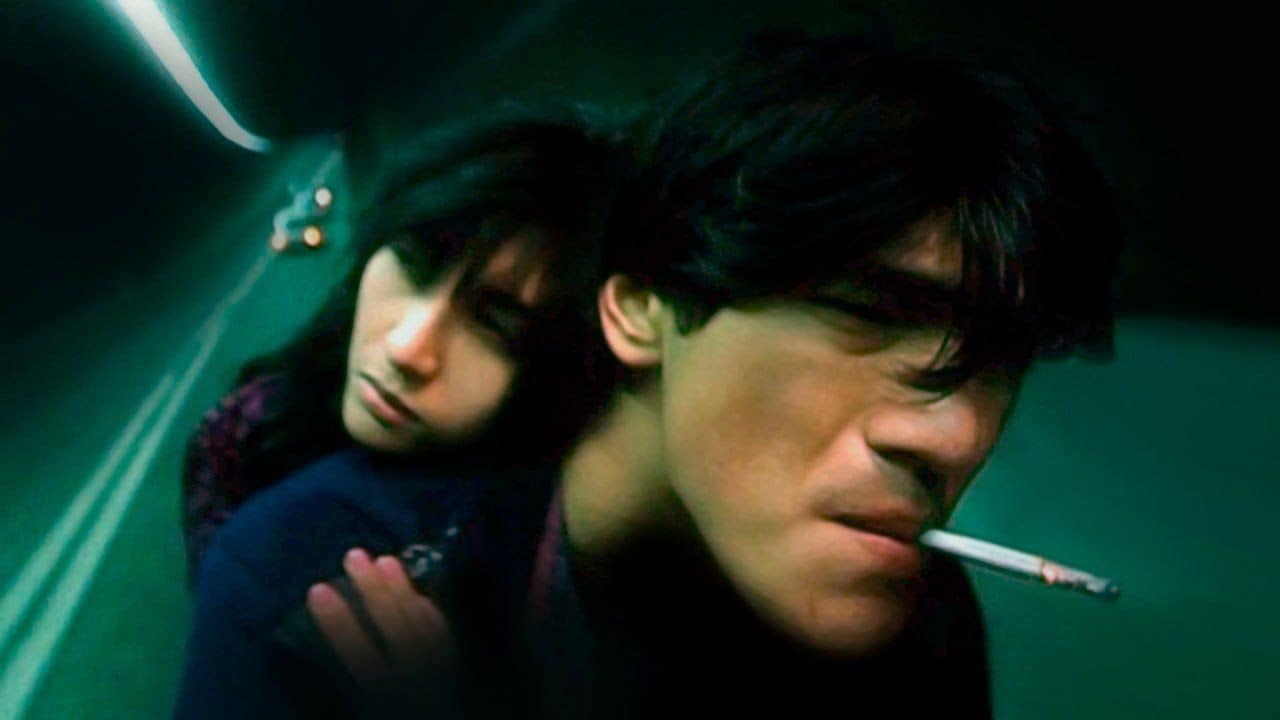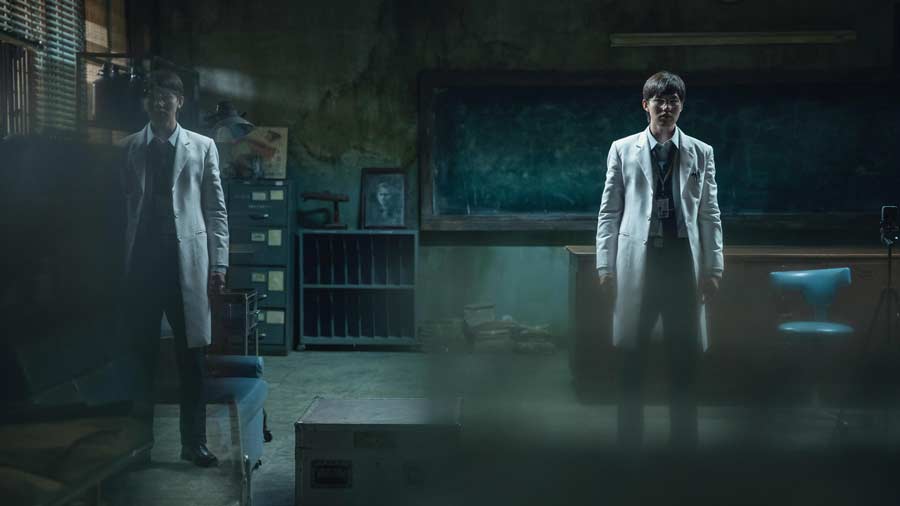Tomorrow is a Long Time is screening at Black Movie
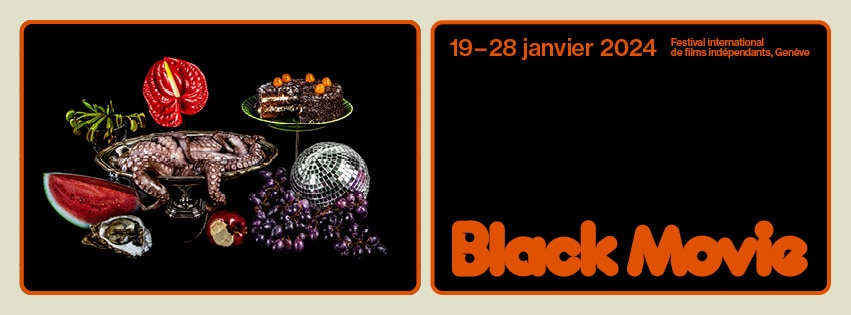
In a fantasized Singapore, as an archetype of any tropical Asian modern city, the 17 years old Meng is raised alone by an austere hard-working father after his mother has left home, seemingly without an address. Meng's narrative has been clearly devised upon two distinct movements. The first part immerses us in the day-to-day life of this dysfunctional family surviving in a cold and harsh society. While the silent Meng is struggling to exist among a gang of skipping school bad boys that have sensed his vulnerability, his father Chua (the intense Leon Dai) is fighting against a body worn out by years of spraying various chemicals for his pest control employer. Moreover Chua must face an accumulation of revolting situations at work (the accident of an illegal Burmese co-worker among others) as well as enduring these irremediable mid-life crisis with a distancing teenager to guide in life and a dying mother at hospital. The second part, as a consequence of the first, will see Meng been sent to the army for his 2 years' military service. Dropped into an undisclosed jungle with his squad, he volunteers to guard a head-injured soldier, left alone until a rescue is organized. Different environments, different times, same solitude. Two questions of survival.
“Tomorrow Is a Long Yime” is indeed taking his time. While most of American blockbusters are using dialog “ad nauseam” to detail plots and sub-plots, a tradition coming from screwball comedies or more recently the comics culture (and its invasive endless bubbles of text), the radical choice of Jow Zhi Wei is to tell by the shots, by the soundscape (and silences!), by the infusing presence of his actors. No John Williams music is called to reinforce a feeling, no intertitle is intercalated to specify time nor context. Unquestionably nothing new in Asian cinema here, where length and diffused narrative are not tabooed, from Ozu to HHH, but as a matter of fact a subtle variation of it.
The abovementioned two parts of the plot are hereby essential as each of them seems referring to one of these great lineages of moviemakers: the first one appears to subtly quote Tsai Ming Liang and his mastery of domestic confined spaces. It is all the more discernible in the kitchen scenes that somehow reminds The Hole (1998) as being the last neutral ground where communication could still be possible between a parent and his son. The second, by the mystic beauty of the Taiwanese jungle seems to refer directly to Apichatpong Weerasethakul. A nature that eases and cures just like in Tropical Malady (2004). Curious to see that these two movies deal with diseases, just like solitude and incommutability could be.
Obviously, nothing like a disciple deferential work here, but a young master digging his own way in the same art: just like Jow Zhi Wei would be using each masters' pallet to paint his own art for the sake of the exercise. On the contrary, the director has expelled all disturbing sub-texts focusing on a raw realistic depiction of our modern societies rooted in a more explicit social context. The beautiful and meaningful cinematography of Russel Morton is hereby central; we can easily imagine the hours of discussion around the storyboard as not the slightest stills seem here by chance. Notables are the long takes of industrial and urban landscapes worthy of a Nikolaus Geyralter and these whirling ascending shots into the jungle trees with a zest of Michael Snow's Wavelength (1967).
But as literate and artistic this “coming-of-age art-house UFO” can be, it is nevertheless fluid and intriguing, despite not being perfect (the teenagers' part could have been more vibrant, we must confess). Somehow Jow's cinema is calling for your senses just like a slowly intoxicating ambient music. And while talking about music, should we guess that the title of the movie is not a pure coincidence? Indeed “Tomorrow is a long time” happens to be a song of the mythic Witmark demos of Bob Dylan, covered by multiple artists from Elvis to Nick Drake, and some of its lyrics surprisingly resonate here:
“If today was not a crooked highway
If tonight was not a crooked trail
If tomorrow wasn't such a long time
Then lonesome would mean nothing to you at all
(…)
I can't see my reflection in the waters
I can't speak the sounds that show no pain
I can't hear the echo of my footsteps
Or remember the sound of my own name.
(…)
There's beauty in the silver, singin' river
There's beauty in the sunrise in the sky
But none of these and nothing else can touch the beauty
That I remember in my true love's eyes”.



